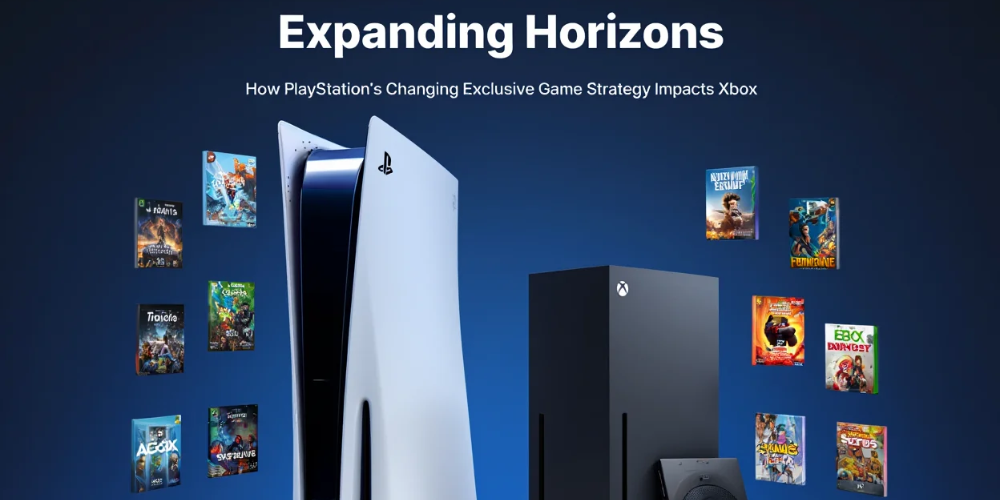Expanding Horizons: How PlayStation’s Changing Exclusive Game Strategy Impacts Xbox
2025-06-16

In recent months, the gaming community has been abuzz with speculation about PlayStation’s evolving strategy. Once renowned for its high-profile exclusives, PlayStation now appears to be shifting towards a more open approach, making some of its premier games available beyond its own hardware ecosystem. This change represents a significant pivot from the brand’s longstanding philosophy which prized exclusive content as a primary motivator for console ownership. It also comes at a time when the boundaries between platforms are becoming increasingly porous, challenging traditional loyalties among gamers.
Sony’s updated approach seems tailored to the current landscape, where access and player choice are in higher demand than ever before. By beginning to release titles once reserved for PlayStation consoles on PC, the company is acknowledging the value of reaching broader audiences. High-profile franchises, previously only available to PlayStation owners, are finding new homes on other platforms, drawing in players who might not otherwise have joined the ecosystem. This not only increases potential revenue but also sparks conversations about the future relevance of exclusivity in an interconnected market.
Meanwhile, Xbox remains in a somewhat precarious position amidst these industry shifts. Microsoft has made strides in offering its games across both Xbox and PC, yet it hasn’t achieved the same cultural resonance that PlayStation exclusives historically commanded. The disparity is evident in how certain PlayStation titles generate widespread enthusiasm when transitioning to new platforms, while Microsoft’s cross-platform releases often feel expected rather than celebrated. This reflects deeper challenges as Xbox seeks to cultivate its own identity in a landscape shaped increasingly by choice and accessibility.
For many players, the end of strict exclusivity could represent an exciting new era. Enhanced accessibility offers opportunities for friends to share experiences regardless of their device choices, and it supports the creativity of developers by granting wider exposure to their games. Nevertheless, there’s a subtle nostalgia among long-term fans who recall the anticipation and sense of community that surrounded exclusive releases. As PlayStation ventures further down this path, it will be crucial to balance broader audience reach with the preservation of what made its games special for dedicated fans.
Looking ahead, these changes are likely to reshape the competitive landscape between platforms. PlayStation’s willingness to embrace a more inclusive strategy may inspire similar openness across the industry, encouraging both innovation and collaboration. However, the challenge for Xbox will be finding ways to build excitement around its offerings, ensuring its titles can command attention and passion in a less exclusive world. Ultimately, this trend signals a transformative moment for gaming, inviting both fans and companies to rethink what makes a platform unique in an age of universal access.






